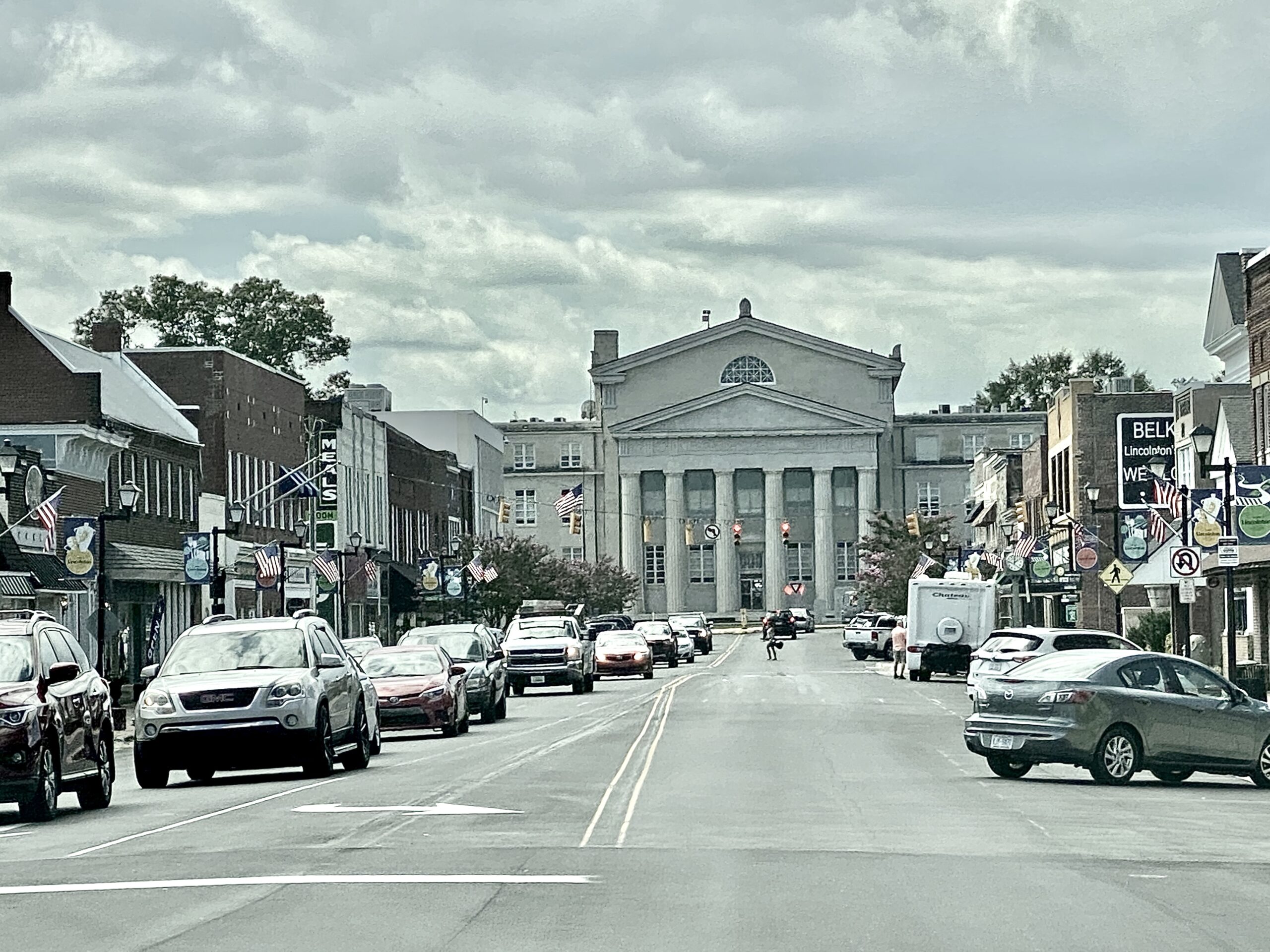


Nestled in the heart of the North Carolina Piedmont, Lincolnton is a town steeped in history and Southern grit. Officially founded in 1785, it rose from the ashes of the American Revolution, becoming the county seat of newly formed Lincoln County—named in honor of Major General Benjamin Lincoln, the man who received the British surrender at Yorktown.
But Lincolnton had already made its mark. Just five years earlier, its rolling hills echoed with gunfire at the Battle of Ramsour’s Mill, where Patriot militia dealt a critical blow to Loyalist forces. That victory galvanized the region’s fight for independence and planted the seeds of a proud community.
Early settlers, mostly German and Scots-Irish immigrants, traveled down the Great Philadelphia Wagon Road, lured by fertile land and the promise of opportunity. Lincolnton’s town center took shape around a modest courthouse, its streets forming a practical grid that still defines the city’s charm.
The 1800s brought industrial innovation. In 1813, Michael Schenck built the first textile mill in the South, harnessing the Catawba River to power Lincoln Cotton Mills. Lincolnton soon buzzed with industry—iron forges, sawmills, and potteries transformed it into one of North Carolina’s manufacturing powerhouses.
Yet progress had its setbacks. In the 1840s, the carving out of Cleveland, Catawba, and Gaston counties diminished Lincolnton’s territory and economic weight. By the late 19th century, growth stalled, and the once-booming town seemed to sleep.
The 20th century sparked a rebirth. Railroads and textile mills revived the local economy, and by 1920, Lincolnton’s population had tripled. Today, its revitalized downtown boasts historic architecture, vibrant shops, and a community proud of its roots. From battlefields to cotton mills, Lincolnton’s story is one of resilience, reinvention, and enduring heritage.